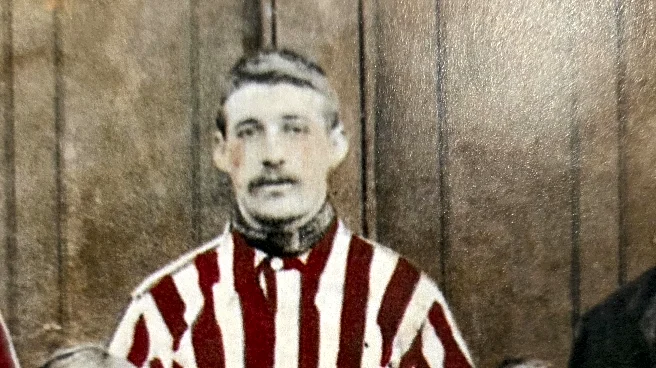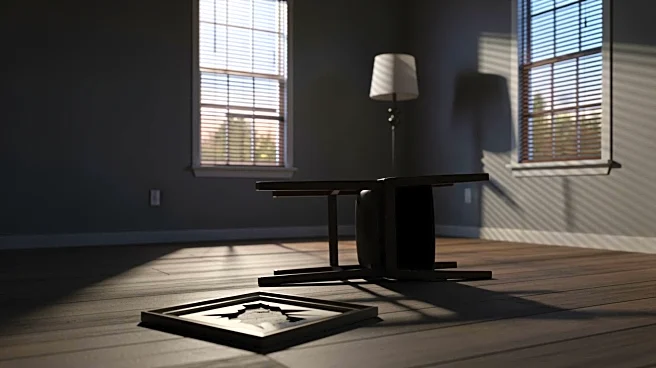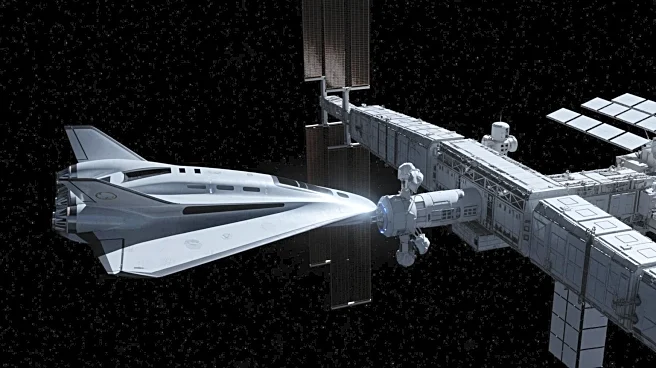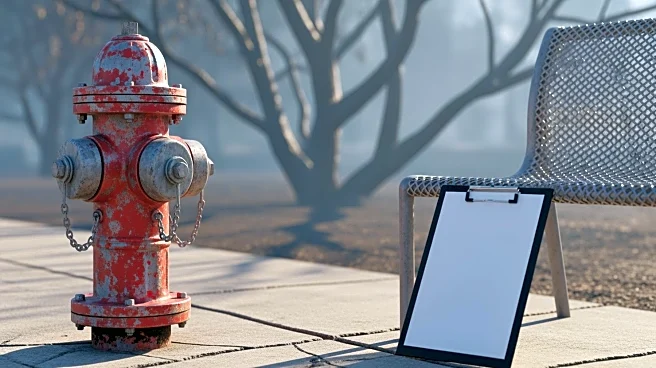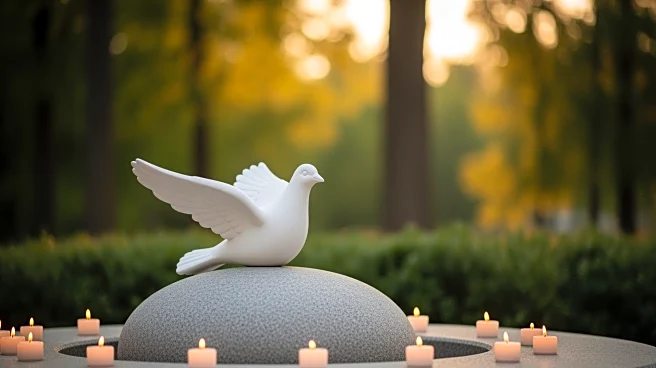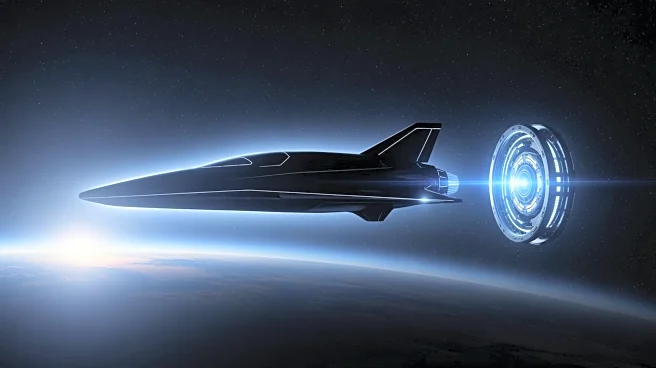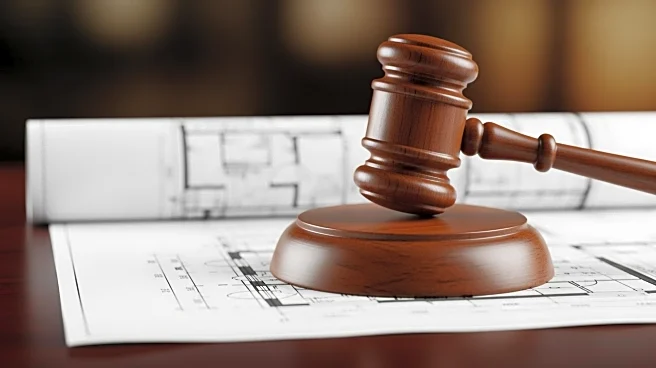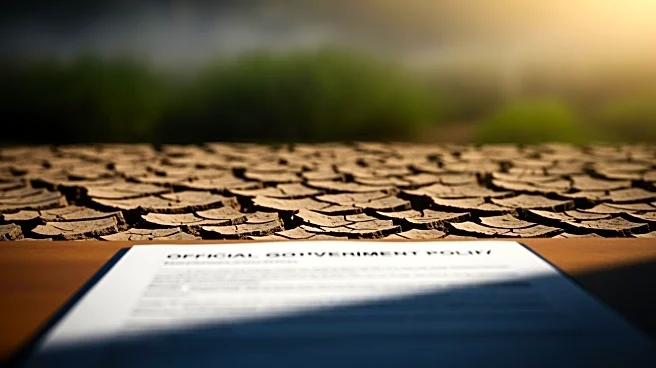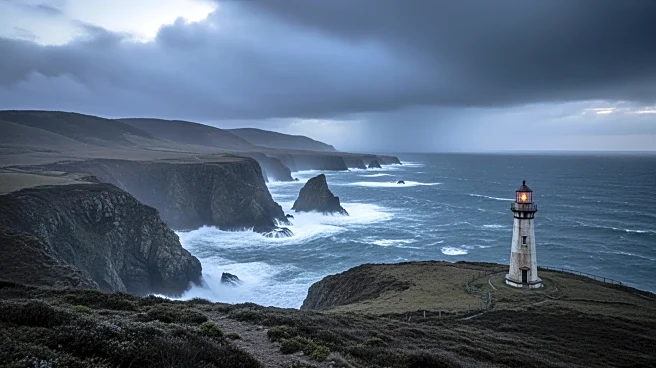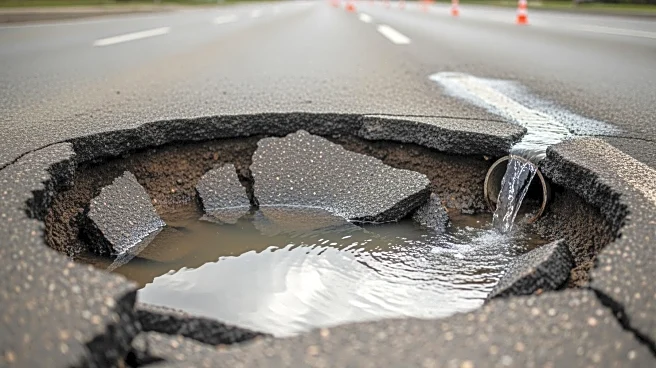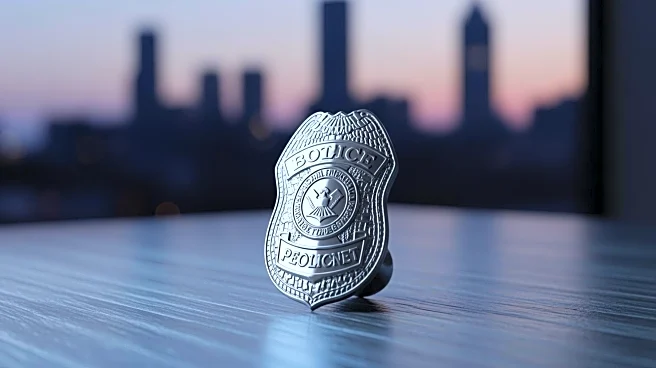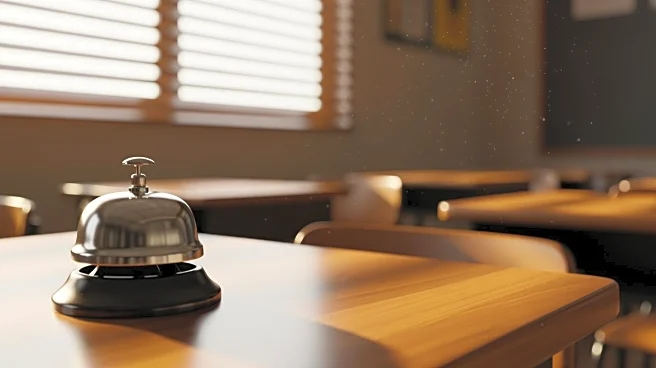1889/1890 was Sunderland’s final season before joining The Football League and as such, their programme consisted mainly of exhibition games and friendlies against clubs from near and far.
Scotland regularly provided tough opponents for these contests and having already served up an entertaining 3-3 draw less than twelve months earlier, East Ayrshire outfit Hurlford were back on Wearside hoping to put up another decent showing.
Previously winners of the Kilmarnock Charity Cup and current holders of the Ayrshire
Challenge Cup, the Villagers’ previous trip had seen them fight back from two goals down over the Christmas period and so they had a bit of confidence behind them ahead of their return. They were evidently taking the rematch seriously too — the team broke up their railway journey south with an overnight stay so that they wouldn’t arrive on Wearside feeling too fatigued.
As for Sunderland, they were without three regular faces, with Tom Porteous, Jock Smith and John Harvie all unavailable.
Harvie was expected to be out for a while having recently aggravated an ankle problem, but at least the other two were missing for a more joyous reason – Smith had got married on the Friday with Porteous being his best man. The three that came in to take their places — John Spence, John Breconridge and Hogarth — would’ve been told to expect a stern test based on the last clash with Hurlford, who came from a mining community and had hitherto shown themselves to be physically and technically strong, yet things actually turned out to be a lot more one-sided on this occasion.
In fact, Sunderland ended up running riot.
The action commenced at 14:47 and within ten minutes the scene was set — Thomas Wright inadvertently turning the ball into his own net after an intense bout of pressure with Hogarth lingering in the background and ready to score himself had the error not occurred. The incident not only caught out the visitors but also bypassed sections of the crowd, and it was only when the ball was returned to the centre circle that widespread applause broke out on the terraces.
Records then vary about the identity of the second scorer minutes later, with the Sunderland Daily Echo and Shipping Gazette’s match report in the ‘Extra Pink Edition’ — published that night at 18:25 — and the Monday version both giving it to Hogarth after he’d combined with Johnny Campbell.
Some sources credited Campbell with the goal, with the confusion perhaps being increased by the Hurlford defence’s rather vociferous calls for offside. However, with their claims waved away, they did at least muster some resistance to the waves of attack, and after Spence handled the ball, Finlay scored from the resulting free kick.

Again, the strike was disputed, with members of the home team feeling that their goalkeeper William Kirkley had been illegally blocked before he could attempt to dive at the shot.
This seemingly prompted intense “chagrin” amongst the supporters, although the mood soon lightened courtesy of Breconridge, who ran onto an accurate cross from John Scott to score. With “good humour” now restored, John Oliver then had to limp off the pitch and receive some treatment after being involved in a full-blooded challenge, timing his return to the fray perfectly so that he could witness Breconridge getting a second from out wide.
Despite shouts of “Let’s have another” as Sunderland broke forth, the next move saw Campbell only just miss the target with an ambitious drive.
However, it was becoming clear that the hosts were a level above their guests, so much so that when Hurlford got a shock second, the crowd were this time unfazed, with their rather sanguine response acknowledging that the strike was somewhat fortunate, with Clark just about turning the ball over the line after an attempted clearance had taken an unlucky ricochet. Any disgruntlement would have soon been assuaged anyway when Hogarth won back possession and made it 5-2 before half time, with the second half then beginning at 15:40.
With the sun fading, the change of ends only increased the Lads’ dominance.
Breconridge headed in his third goal of the afternoon within moments of the restart and when Oliver’s strength allowed him to come out of a grapple with three opponents in possession of the ball whilst his adversaries were all left prone on the ground, the incident prompted roars of laughter.
Davy Hannah then became the latest player to test the overworked goalkeeper McDill, only for Breconridge to beat him again when he rammed the ball into the net. It wasn’t long either before Scott notched Sunderland’s eighth of the match, and his first for the club.
As is often the case in a one-sided affair, members of the beaten team began losing their tempers and a few late tackles came in.
Overcast and slippery conditions suddenly took hold during the final moments, making it a tricky closing period for Tom Watson’s side, yet Scott now had a taste for goals and grabbed two more — both of which were too powerful for McDill even though he managed to get hands to the ball. It was an unfortunate end for a dejected Hurlford, although their blushes were spared somewhat due to the poor visibility, which prompted many spectators to leave early.
Supposedly amongst those taking in the entertainment was Lord Durham, who had presumably come along in search of goals on the back of Sunderland scoring sixteen in their previous three games. Ten scored on this occasion, they then followed it up by reaching double figures again on Boxing Day against Halliwell of Lancashire.
Notes and addendums
Sunderland’s William (Bill) Kirkley was often referred to as “Kirtley” during his career. The name of Hurlford’s first scorer was spelt in some reports as “Findlay” instead of “Finlay”, and John Breconridge was officially christened “Breckenridge”.
The first name of “Hogarth” isn’t currently known, although he was recorded as “RG Hogarth” in some instances.
Hogarth did not get to play for Sunderland in senior competition although in November he had appeared for a County Durham select side away at Cheshire.
He’d previously been with Sunderland Albion, and on 14 August 1889, was part of a session of “passing practise and sprinting” that was watched by between 2,000 and 3,000 spectators at their Hendon grounds.
Sunderland AFC also had a training event that same evening, with some of the club’s younger players going up against the seniors in a kickabout that whilst unpublicised beforehand, also attracted “many spectators”. The session took place at Abbs Field (Sunderland AFC’s previous home ground, so that the surface at their current Newcastle Road base could be preserved.
Hogarth then featured in some of Albion’s early first and reserve team lineups once the season started, but by October was attached to the “North Side”. One of the first indications that he’d switched was his inclusion in the party that travelled to the capital to take on “Casuals” on the 12th of that month, and whilst it appears that he actually helped make up the numbers for the opposition on that occasion, this game is notable for being the first instance of the Lads playing in London.
The “North Side” definition was important at the period as at this point, The Echo also provided extensive coverage of Albion.
The “Albionites” also had a home game on the same day Hurlford were on Wearside, hosting a Football Alliance fixture against Crewe, who had spent the previous evening at Walton’s Hotel on Fawcett Street. Crewe were beaten 5-1 in front of around 3,000 fans, whilst on a busy day of football for the town, Sunderland AFC Reserves took on Olympic at Abbs Field, with that encounter finishing 3-3.
Although Sunderland AFC always remained the larger of the two clubs, Albion were by no means insignificant and by 1889 the rivalry was already quite intense — a point that had been made clear forty eight hours earlier when a man named John Johnson appeared at the Borough Police Court charged with assaulting a Thomas Joycey following a disagreement about the two sides the weekend before.
As detailed in The Echo on Thursday 21 November, the bench was informed that whilst heading back to his Frances Street home in Fulwell having travelled with his brother to Newcastle to watch the Lads play against East End, Joycey was approached by Johnson.
The pair then began quarrelling when Johnson suggested the Sunderland performance had “been a rot” and following further exchanges, including Joycey’s retorts about Albion’s defeat at Wolverhampton Wanderers on the same day, the defendant was said to have given him a blackened eye. Johnson — who claimed the victim had called him “Dirty Albion” and suggested he should “boil himself” — was fined 5s and costs.
This wasn’t the only instance of violence connected to Albion that day — for their own players were reported to have become involved in a brawl on the platform at Wolverhampton Train Station after their match!
According to The Echo on 19 November, tempers apparently flared when a representative was trying to load kit back onto a carriage but was ordered to move aside by postal workers also requiring access, causing the two groups of men to start trading “some hard blows” before station porters and a couple of police officers that were called to the scene could break the fracas up.
Although no arrests were made, when Albion’s train belatedly set off, several patrons from the station saloon were said to have made “defiant shouts”, such was their unhappiness at the conduct witnessed…
Saturday 23 November 1889
Friendly game
Newcastle Road
Attendance: 5,000
Sunderland 10 (Wright og, Hogarth, Breconridge, Breconridge, Hogarth, Breconridge, Breconridge, Scott, Scott, Scott)
Hurlford 2 (Finlay, Clark)
Sunderland: Kirkley, Spence, Oliver; Stevenson, Auld, Gibson; Hogarth, Breconridge, Campbell; Scott, Hannah
